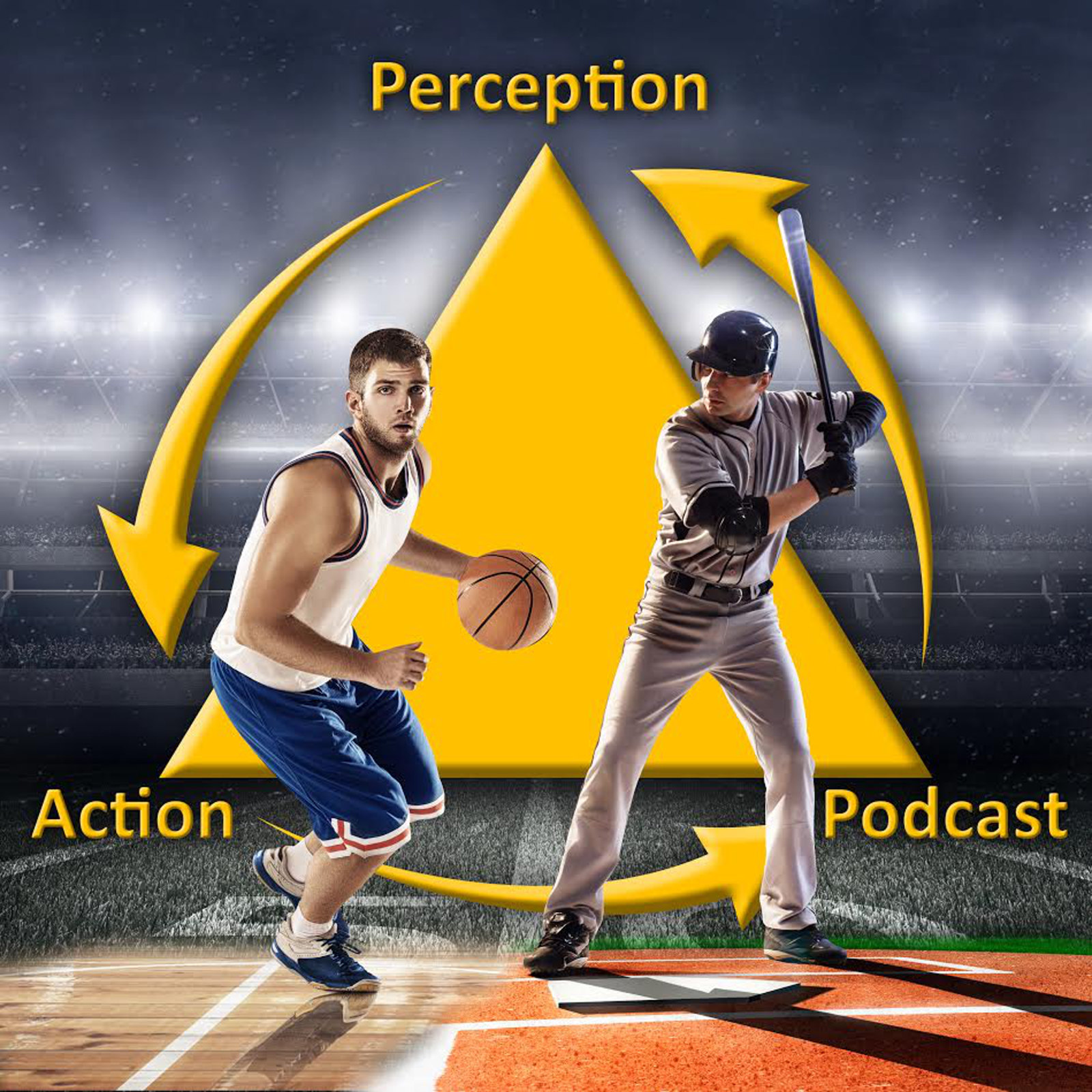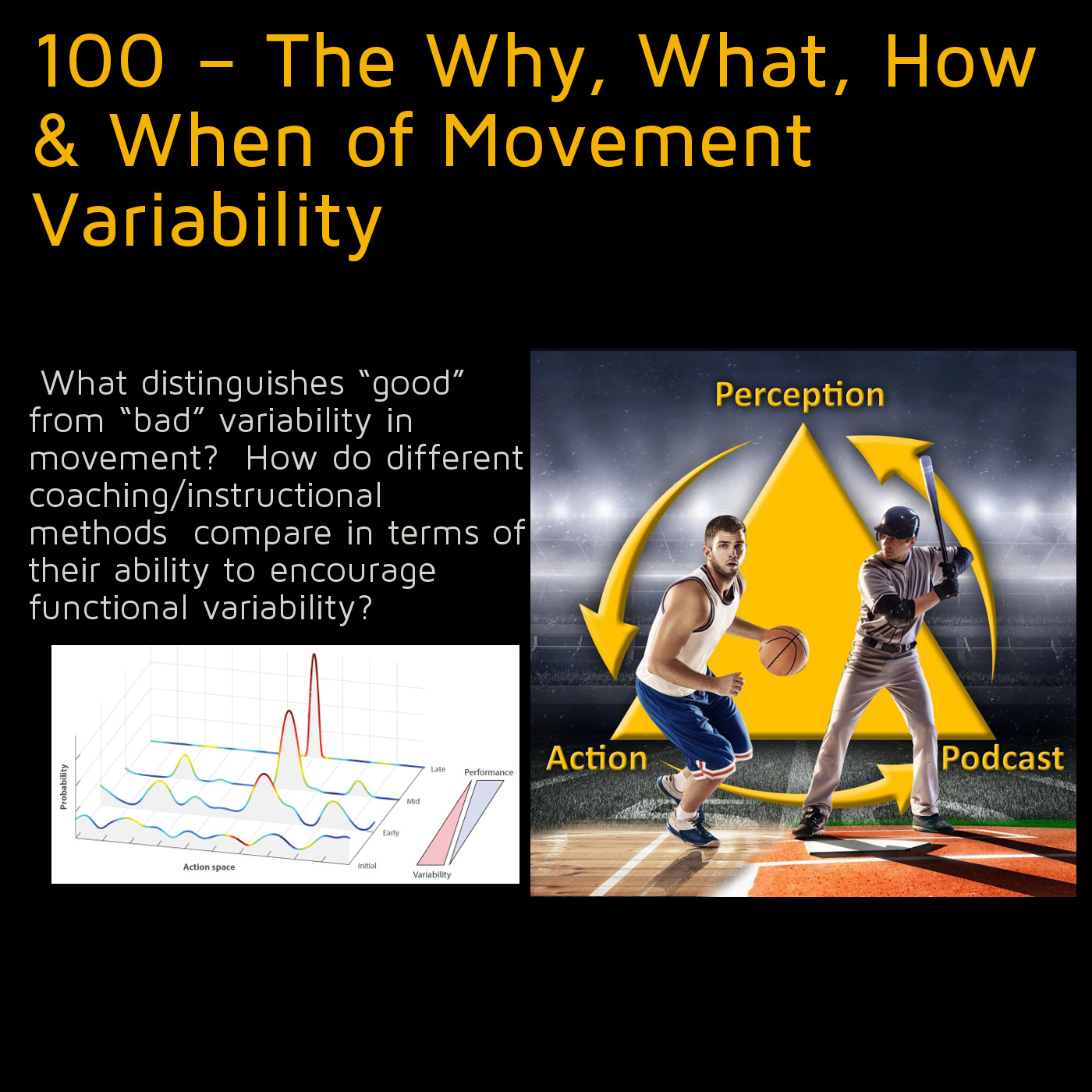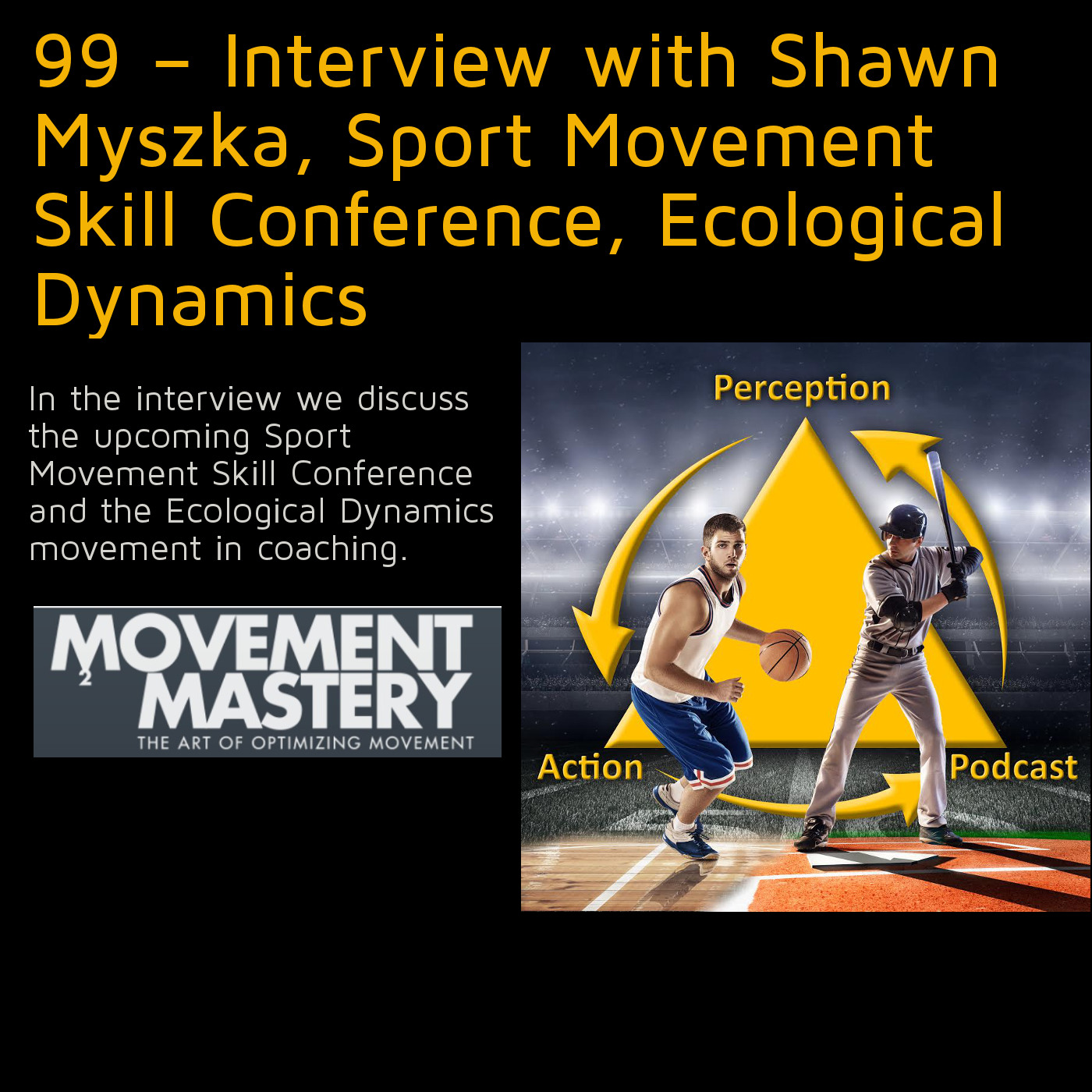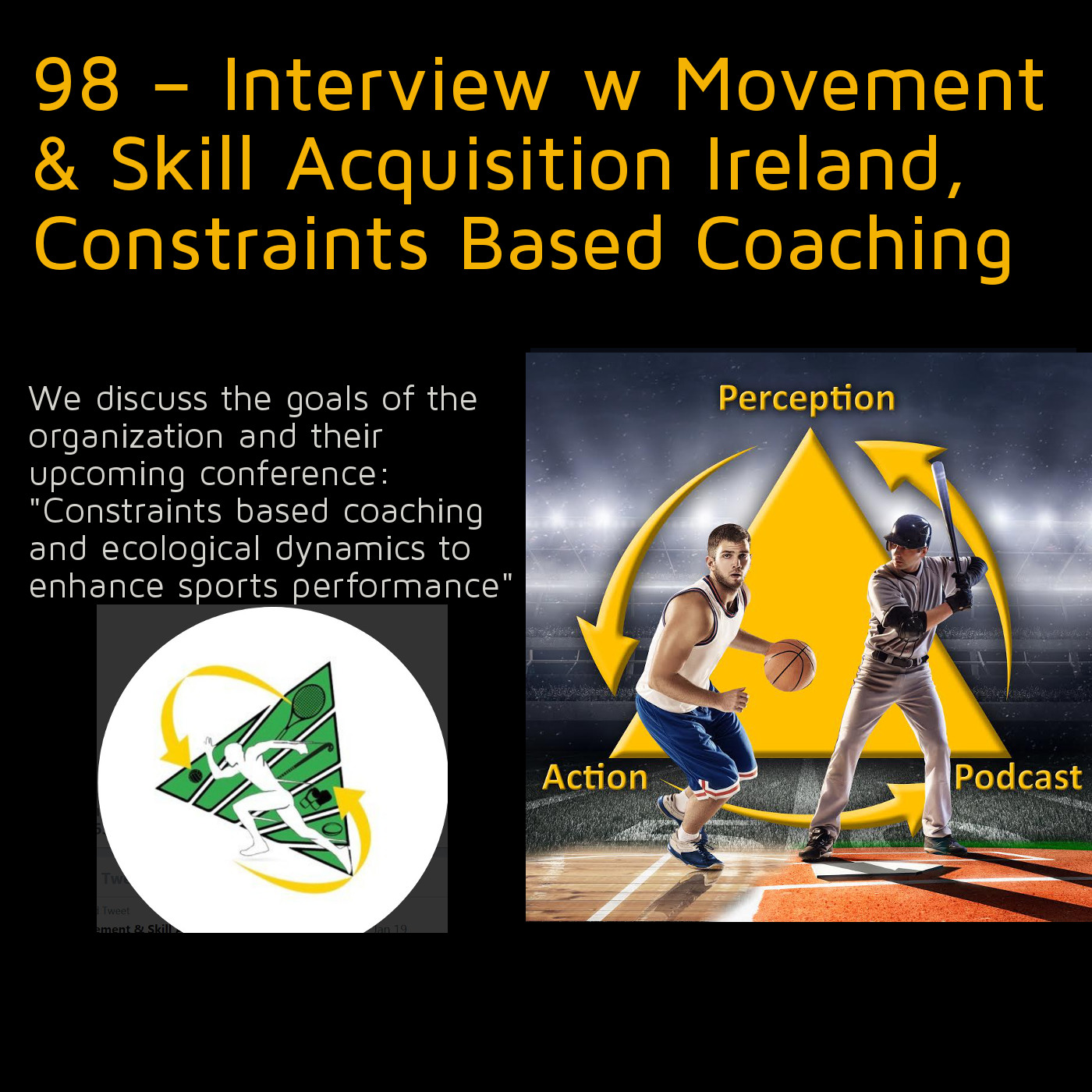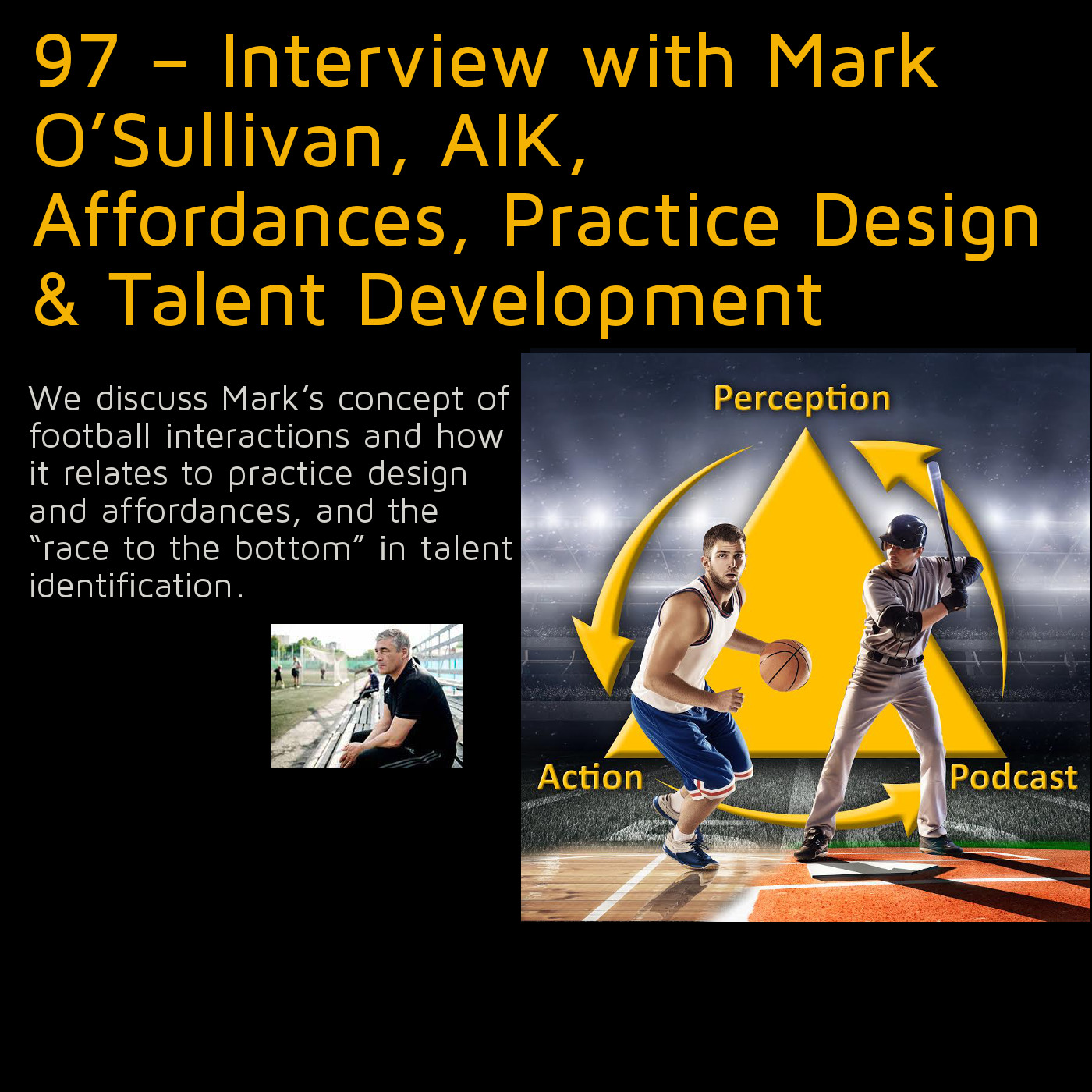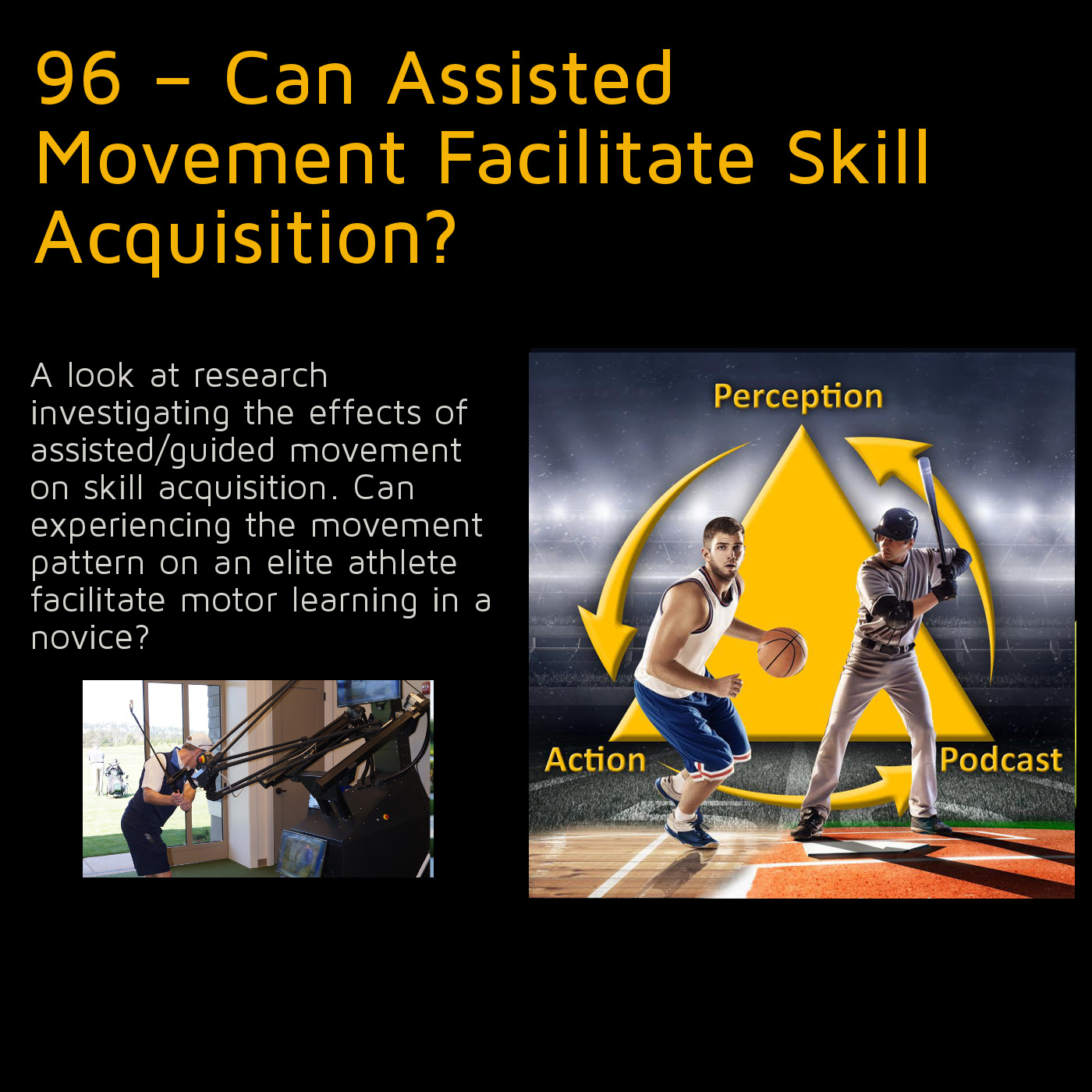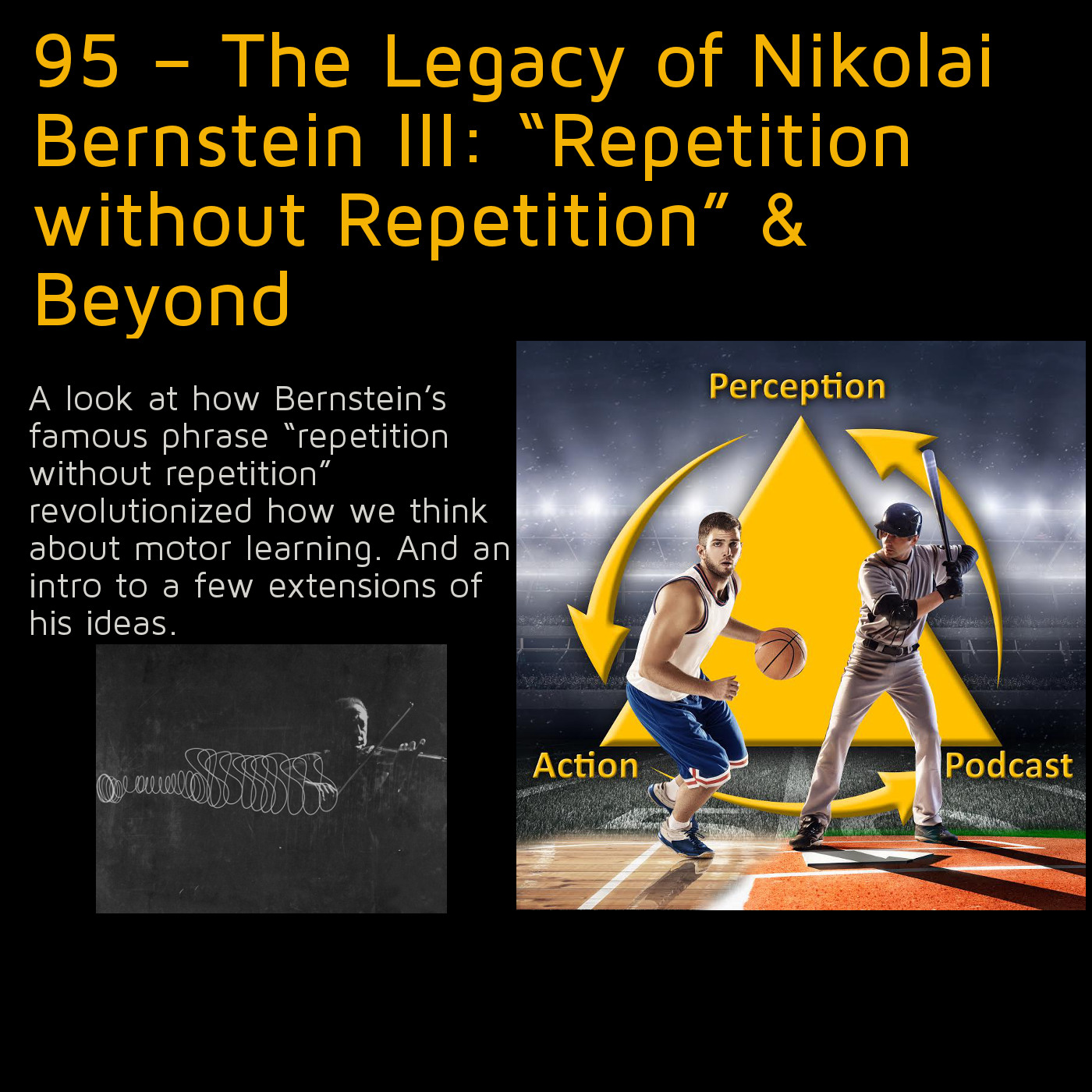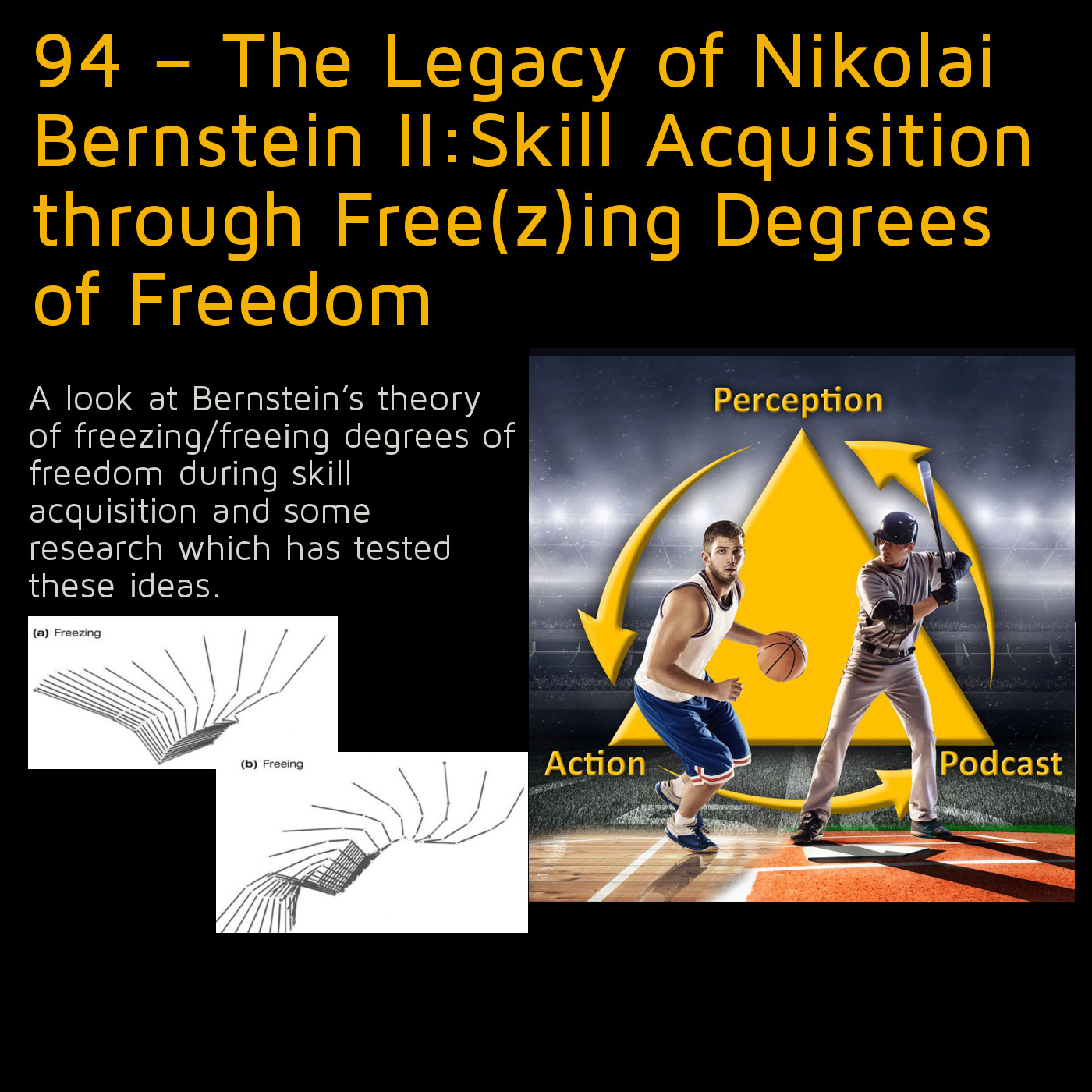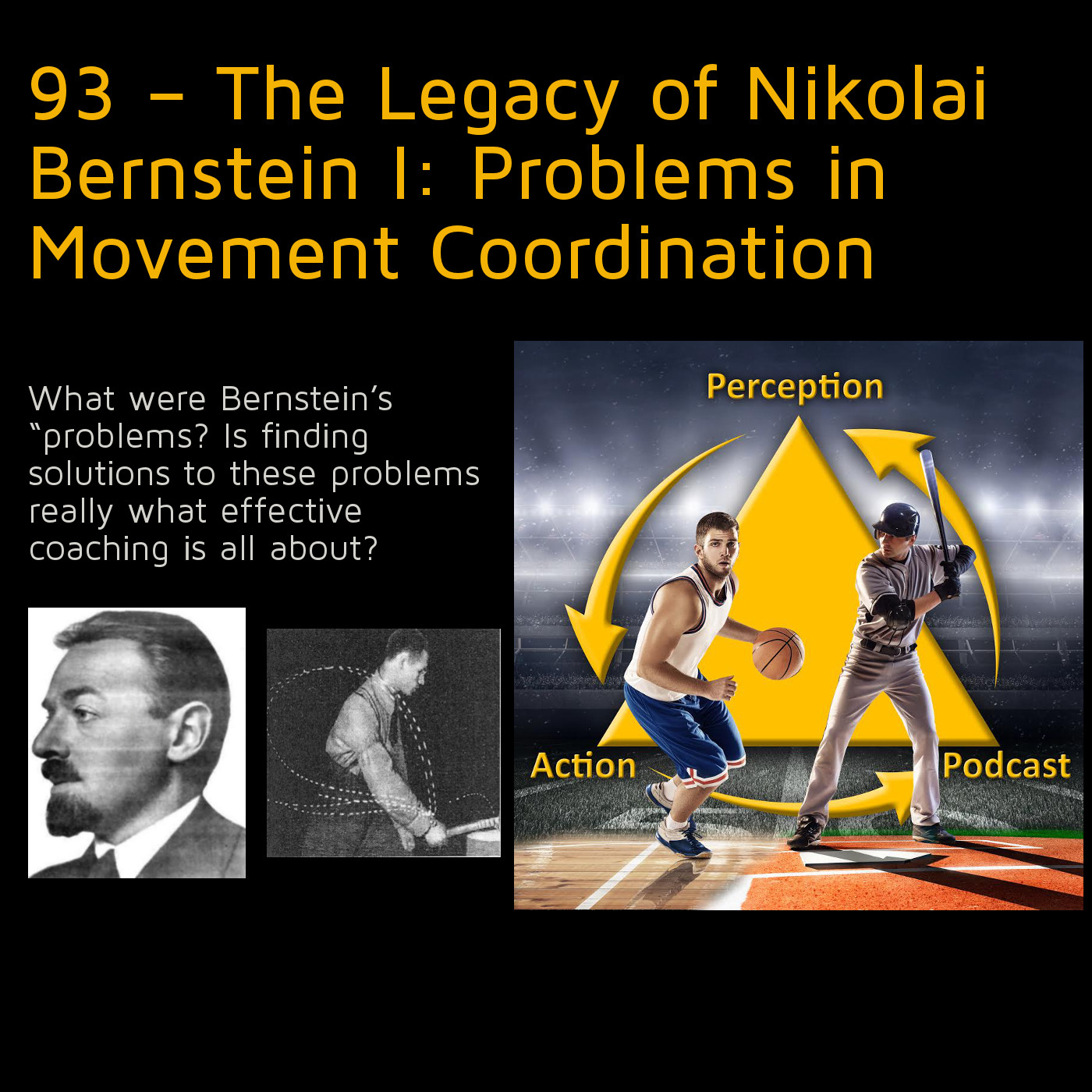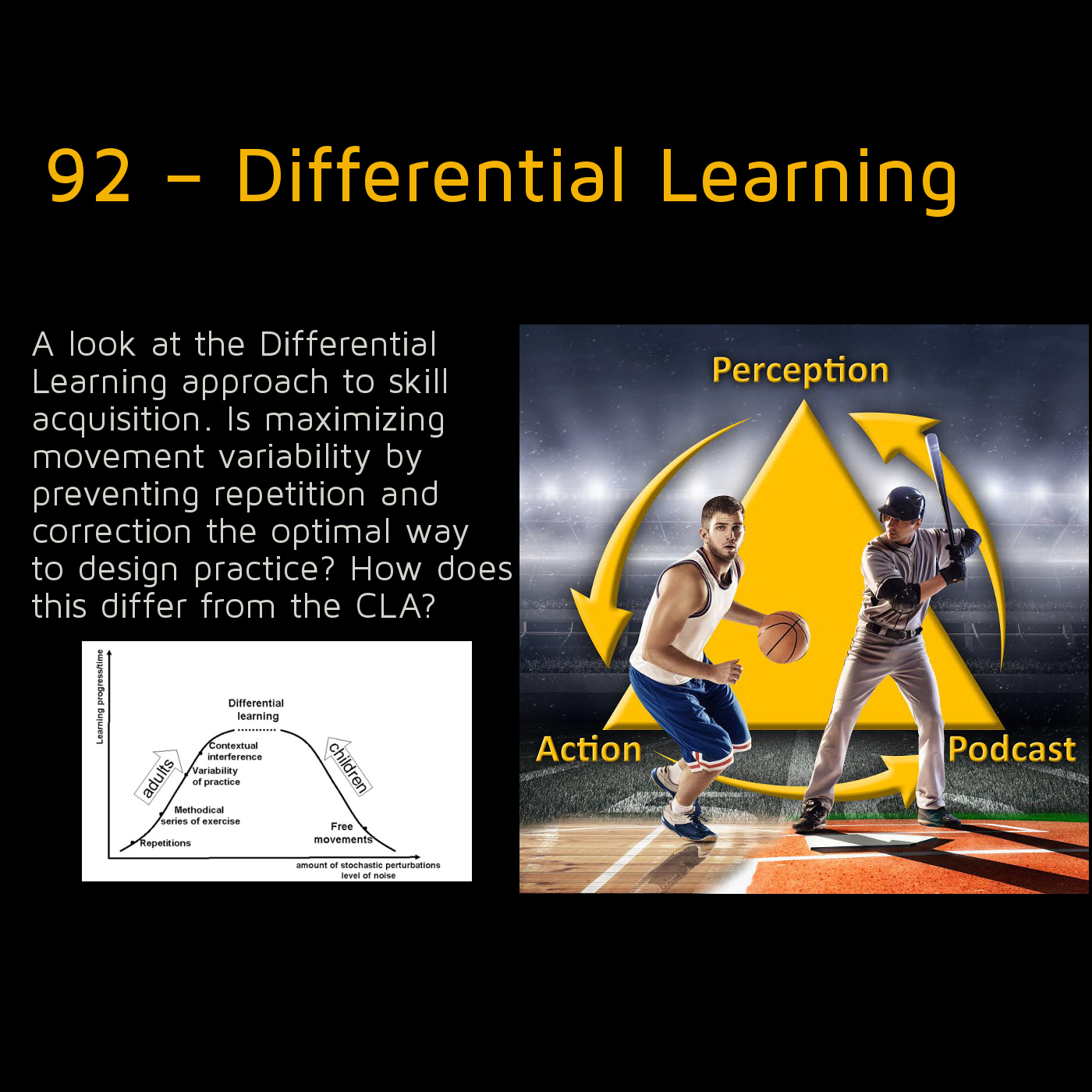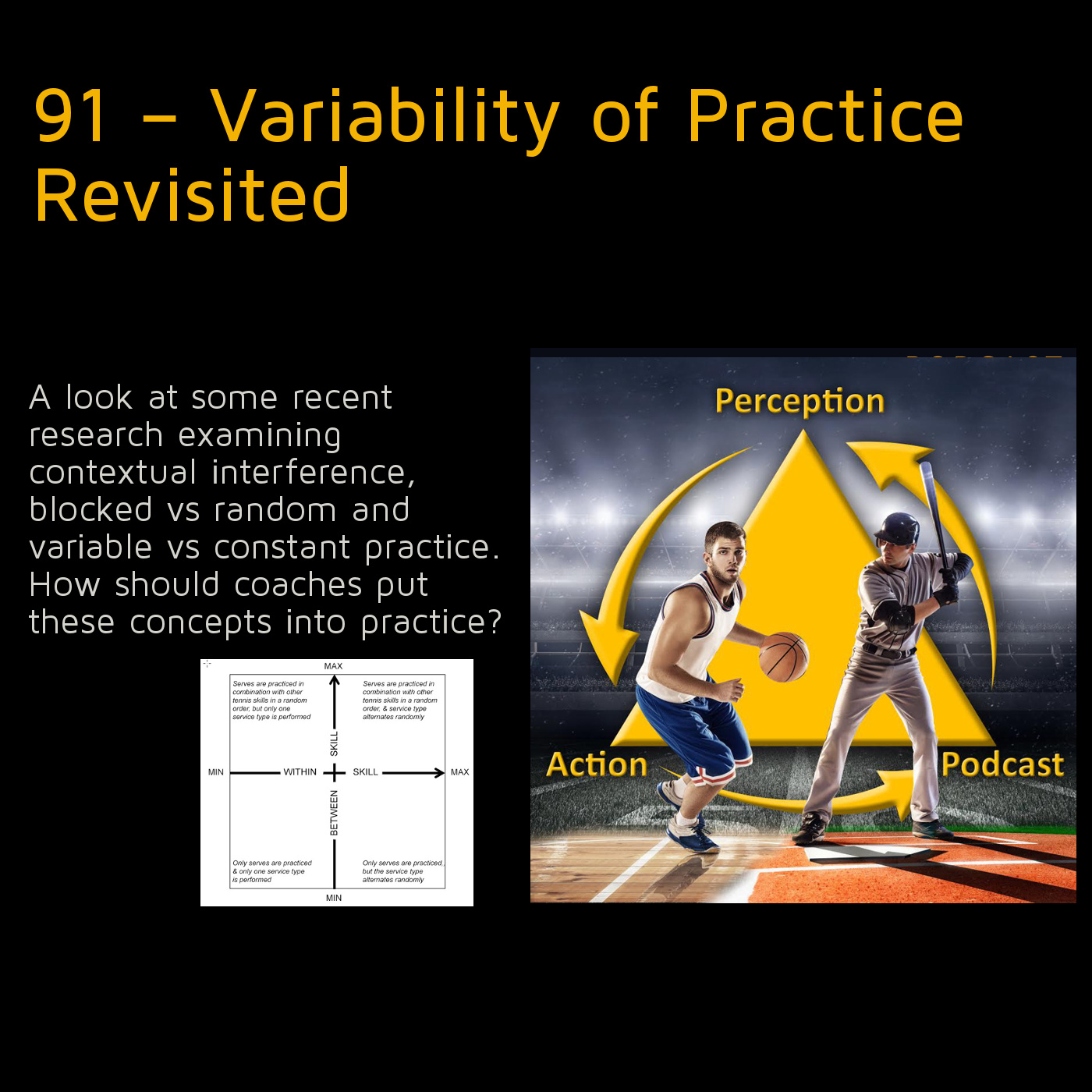100 – The Why, What, How & When of Movement Variability
100 Why might movement variability be beneficial for skill acquisition and execution? What distinguishes “good” from “bad” variability in movement? How do different coaching/instructional methods (e.g. ordering practice conditions, cueing, differential learning, and manipulating constraints) compare in terms of their ability to encourage functional variability? When should we be trying to maximize variability? Download link…
Read More